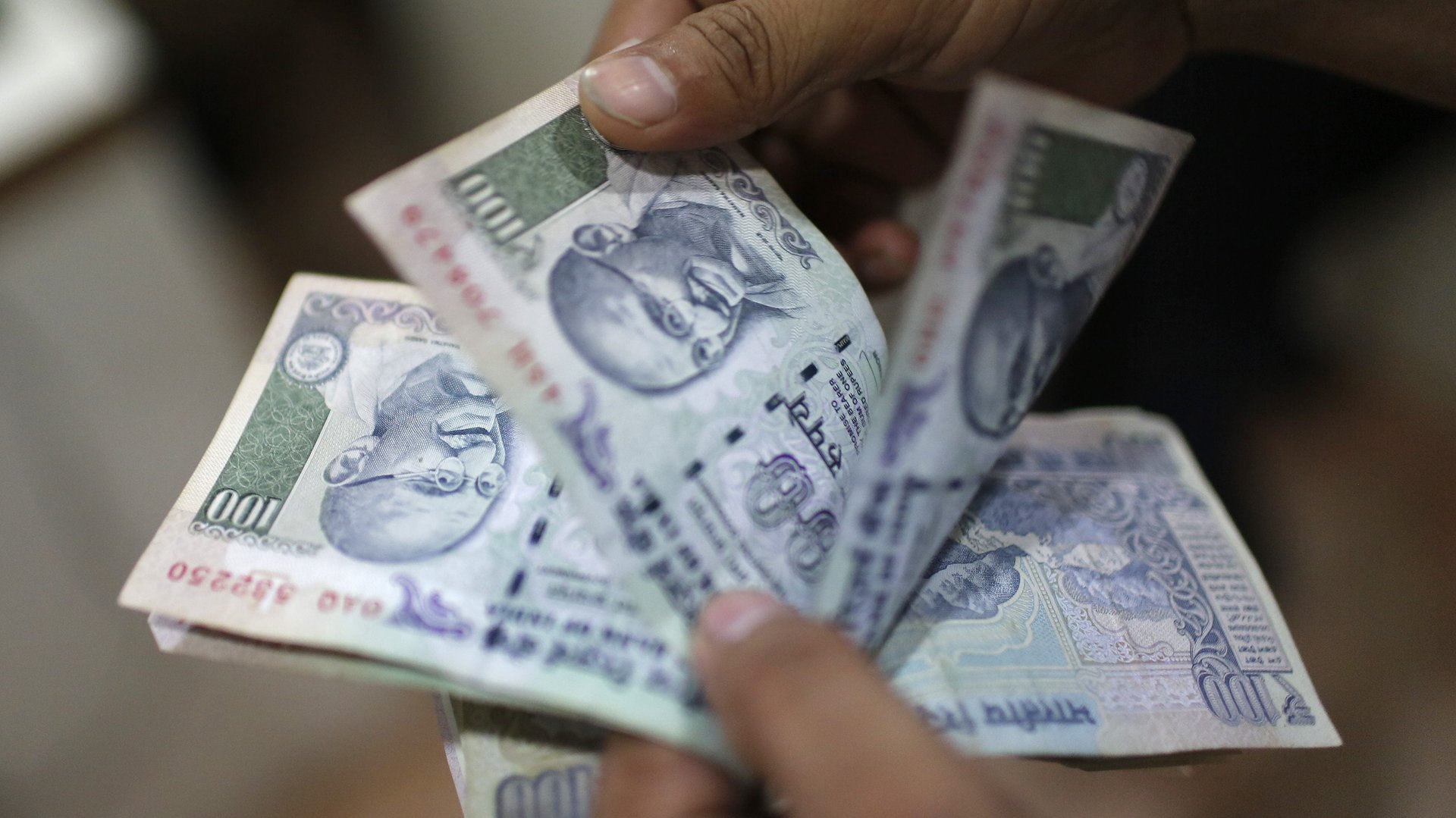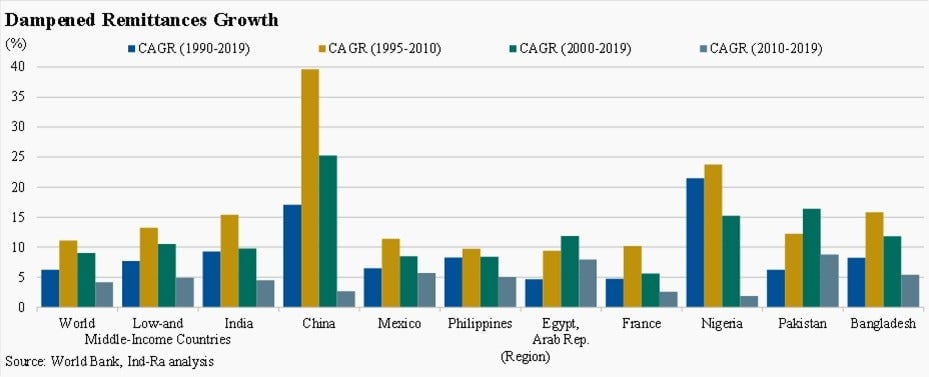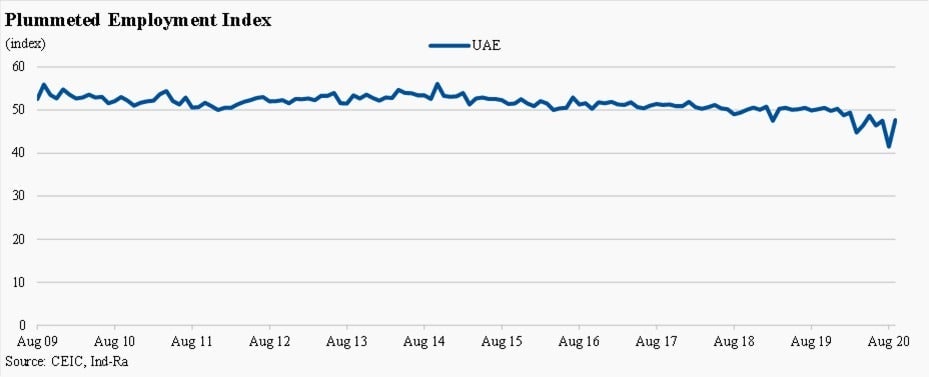Non-resident Indians will likely send less money back home this year—and that’s bad news
At a time when India’s economy is facing its worst nightmare, it could get another blow from non-resident Indians.


At a time when India’s economy is facing its worst nightmare, it could get another blow from non-resident Indians.
Indians working abroad are expected to send less money back home this year due to job losses and pay cuts being witnessed across the world. The lower remittances are expected to adversely impact Indian households’ already weakened consumption and savings, which could hurt the overall economy.
“Various empirical studies have suggested that remittances are an important driver of a smooth consumption cycle…Therefore, the pandemic-led slowdown in consumption is likely to get exacerbated by the muted remittance flows,” Mumbai-based credit rating agency India Ratings said in a report released on Oct. 15.
In April, the World Bank had warned that remittances to India are likely to drop by about 23% in 2020 (pdf) to $64 billion from $83 billion in 2019.

India Ratings warned that India’s remittances growth was already on the decline before Covid-19 and has turned into a structural problem now.
Around 55% of remittances that flow into India, come from Gulf countries, which have been facing a severe slowdown due to the drop in oil prices. “The remittances from the region will be further pressured due to Covid-19 related factors coupled with falling oil prices,” said the report said.
Crude oil prices fell to a record low of $16 a barrel in April. Now, the prices are hovering at around $41.07, which is still lower than $68.91 in January.

The falling remittances to India are in line with global trends. “The coronavirus-related global slowdown and travel restrictions will also affect migratory movements, and this is likely to keep remittances subdued even in 2021,” the World Bank had noted in its April report.